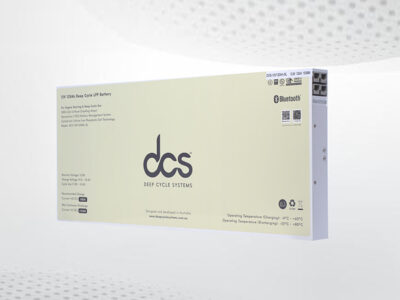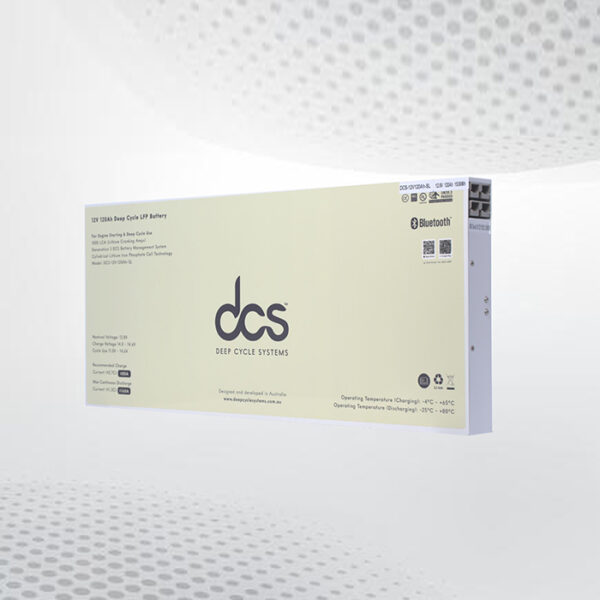
The mobile app development industry in Dubai is experiencing a vibrant transformation, marked by several exciting trends and insights. As someone who has closely observed this dynamic sector, I can attest to the rapid changes and the innovative approaches being adopted by companies in the region.
The Rise of AI and Machine Learning
In recent years, there has been a significant shift towards incorporating AI and machine learning into mobile apps. Companies in Dubai are leveraging these technologies to create smarter, more intuitive applications that can predict user behavior and provide personalized experiences. This trend is not only enhancing the user experience but also setting a new standard for what users expect from their apps.
Artificial intelligence (AI) and machine learning are no longer just buzzwords in the tech industry; they are transforming the way mobile applications are developed and used. In Dubai, the integration of these advanced technologies has become a hallmark of innovation. AI enables apps to learn from user interactions, adapt to their preferences, and provide more relevant content. For example, AI-powered recommendation engines can suggest products, services, or content that align with the user’s past behavior, increasing engagement and satisfaction.
Machine learning, a subset of AI, takes this a step further by allowing apps to improve over time without explicit programming. In Dubai, mobile app development companies are using machine learning algorithms to create predictive models that can anticipate user needs. This is particularly evident in industries such as e-commerce, healthcare, and finance, where personalized experiences are crucial. For instance, a health app might use machine learning to predict a user’s risk of developing certain conditions based on their activity and health data, providing tailored advice and interventions.
Moreover, the integration of natural language processing (NLP), another AI technology, is revolutionizing customer service through chatbots and virtual assistants. In Dubai, many businesses are deploying NLP-powered chatbots to handle customer inquiries, offering instant responses and freeing up human agents for more complex tasks. This not only improves customer satisfaction but also operational efficiency.
Focus on User-Centric Design
A key trend in Dubai’s app development landscape is the emphasis on user-centric design. Developers are prioritizing the needs and preferences of users, ensuring that every app is not only functional but also aesthetically pleasing and easy to navigate. This approach is crucial in a market where user expectations are continually rising, and competition is fierce.
User-centric design places the user at the center of the development process, focusing on creating intuitive and enjoyable experiences. In Dubai, this approach is being adopted across various sectors, from retail to finance. For example, banking apps are now designed with user-friendly interfaces that allow customers to manage their accounts, transfer funds, and pay bills with just a few taps. The aim is to make complex processes simple and accessible to everyone, regardless of their technical proficiency.
To achieve this, developers in Dubai are conducting extensive user research and testing. They employ techniques such as user personas, journey mapping, and usability testing to understand the needs and pain points of their target audience. This data-driven approach ensures that the final product resonates with users and meets their expectations.
Growth of E-commerce Apps
E-commerce apps have seen a remarkable surge in popularity in Dubai. With the convenience they offer, it’s no surprise that more businesses are investing in robust e-commerce solutions. These apps are becoming increasingly sophisticated, integrating features like AR for virtual try-ons and seamless payment gateways, making online shopping more engaging and efficient.
The e-commerce sector in Dubai is thriving, driven by a tech-savvy population and a strong digital infrastructure. Mobile apps are at the forefront of this growth, providing consumers with a convenient and personalized shopping experience. Companies are continually innovating to stay competitive, integrating advanced technologies to enhance user engagement and streamline the purchasing process.
One significant trend is the incorporation of augmented reality (AR) into e-commerce apps. AR allows customers to visualize products in their real-world environment before making a purchase. For instance, furniture retailers are using AR to let users see how a piece of furniture would look in their home, while fashion brands are offering virtual try-ons for clothing and accessories. This immersive experience not only boosts customer confidence but also reduces return rates, benefiting both consumers and businesses.
Another critical aspect of e-commerce app development in Dubai is the focus on seamless payment gateways. The ability to make secure and hassle-free payments is essential for customer satisfaction. Developers are integrating various payment options, including credit/debit cards, digital wallets, and even cryptocurrencies, to cater to diverse customer preferences. Additionally, they are implementing robust security measures to protect user data and prevent fraud, ensuring a safe shopping experience.
Importance of Security
Security remains a top concern for both developers and users. As cyber threats become more sophisticated, the emphasis on app security has intensified. Companies are implementing advanced security measures to protect user data and ensure privacy, which is essential in building trust and maintaining a loyal user base.
In an increasingly digital world, the importance of cybersecurity cannot be overstated. Mobile apps, which often handle sensitive user information such as personal details, financial data, and health records, are prime targets for cyberattacks. As a result, mobile app development companies in Dubai are prioritizing security at every stage of the development process.
One of the fundamental practices is data encryption. By encrypting data, developers ensure that even if it is intercepted, it cannot be read or used by unauthorized parties. Additionally, secure coding practices are being adopted to minimize vulnerabilities in the app’s code. This involves regular code reviews, penetration testing, and the use of security frameworks to identify and mitigate potential threats.
Another essential aspect of app security is user authentication. Developers are implementing multi-factor authentication (MFA) and biometric authentication (such as fingerprint and facial recognition) to verify user identities. This adds an extra layer of protection, making it more difficult for attackers to gain unauthorized access.
Moreover, companies are focusing on privacy compliance. With regulations like the General Data Protection Regulation (GDPR) and the California Consumer Privacy Act (CCPA), it is crucial to ensure that apps comply with data protection laws. This involves obtaining user consent for data collection, providing clear privacy policies, and allowing users to control their data.
Collaboration with Global Talent
Dubai’s app development industry is also benefiting from a global pool of talent. Mobile app development company Dubai is collaborating with experts from around the world, bringing diverse perspectives and innovative ideas to the table. This international collaboration is helping Dubai stay ahead in the competitive app development market.
The globalization of the tech industry has made it possible for companies to tap into a diverse talent pool. In Dubai, this trend is evident as mobile app development companies collaborate with developers, designers, and engineers from different parts of the world. This cross-cultural collaboration brings together a wealth of knowledge and experience, fostering innovation and creativity.
One of the significant advantages of this approach is the ability to leverage specialized skills. For instance, a company in Dubai might collaborate with AI experts from the United States, UI/UX designers from Europe, and blockchain developers from Asia. This combination of expertise ensures that the app development process is well-rounded and incorporates the latest advancements in various fields.
Moreover, international collaboration promotes knowledge sharing and best practices. Developers from different regions bring unique perspectives and methodologies, which can enhance the overall quality of the app. This exchange of ideas also helps in addressing challenges more effectively, as different regions may have different approaches to problem-solving.
Adoption of Agile Methodologies
The adoption of agile methodologies is another noteworthy trend. Agile practices are enabling development teams to be more flexible and responsive to changes, ensuring that apps are developed more efficiently and meet the evolving needs of users. This approach is fostering a culture of continuous improvement and innovation within development teams.
Agile development is characterized by its iterative and incremental approach, allowing teams to deliver small, usable segments of the app in short cycles called sprints. This methodology contrasts with traditional waterfall development, where the entire project is completed in sequential stages. In Dubai, the adoption of agile methodologies has transformed the way mobile apps are developed.
One of the key benefits of agile development is its flexibility. In a rapidly changing market, user requirements and preferences can shift unexpectedly. Agile allows development teams to adapt quickly to these changes, incorporating feedback and making necessary adjustments in real-time. This ensures that the final product aligns closely with user expectations and market demands.
Another advantage is the focus on collaboration and transparency. Agile practices emphasize regular communication between developers, designers, product managers, and stakeholders. Daily stand-up meetings, sprint reviews, and retrospectives provide opportunities to discuss progress, address challenges, and refine the development process. This collaborative approach fosters a sense of ownership and accountability among team members, leading to higher-quality outcomes.
Impact of 5G Technology
The advent of 5G technology is set to revolutionize mobile app development in Dubai. With its promise of faster data speeds and lower latency, 5G is opening up new possibilities for app functionality and performance. Developers are exploring ways to harness this technology to create more immersive and responsive applications.
5G technology offers significantly higher data transfer speeds and lower latency compared to its predecessor, 4G. This advancement is particularly impactful for mobile app development, as it enables a range of new features and capabilities that were previously unattainable. In Dubai, developers are eagerly adopting 5G to enhance the user experience and push the boundaries of what mobile apps can achieve.
One of the most exciting possibilities of 5G is the enhanced connectivity it provides. With faster download and upload speeds, apps can deliver real-time updates and seamless streaming experiences. This is especially beneficial for industries such as gaming, entertainment, and live events, where users expect high-quality, uninterrupted content.
Another significant impact of 5G is the ability to support IoT (Internet of Things) applications. The increased










